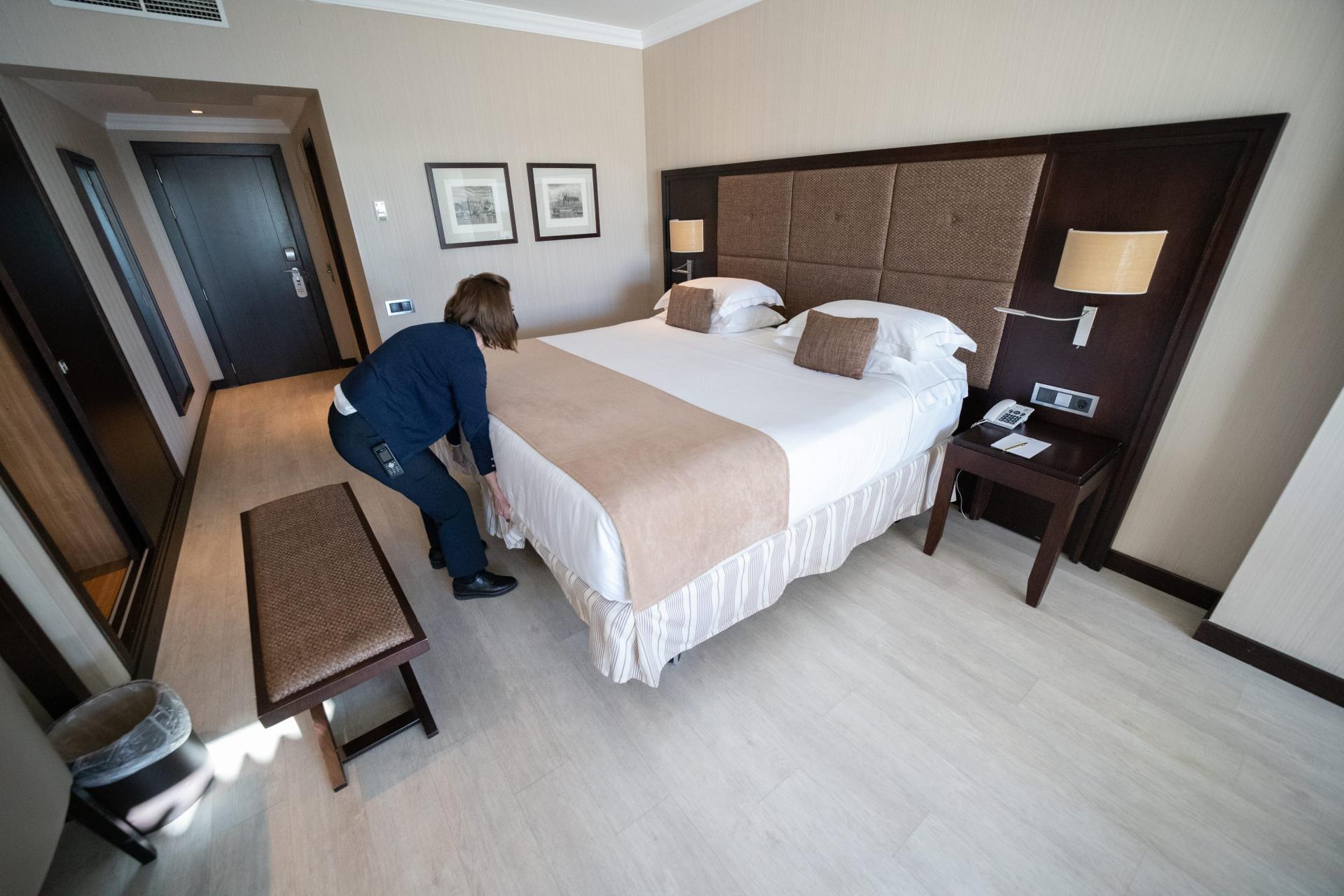The government's new tourism law will stipulate a six-year period for hotels to introduce ergonomically improved, elevatable beds in order to reduce chambermaid occupational injury. The islands' hoteliers support the measure, but they are unconvinced by the government's sums and by an apparent absence of consideration given to what will be done with the beds to be replaced.
The president of the Petits Hotels association, Juan Manuel Ordinas, says that the idea is positive, but while there is much talk about circularity, "no one has thought about the 300,000 beds that will have to be withdrawn". He and representatives of other hotel employers groups argue that the costs of this change of beds must be outlined so that hotels can adapt to the new regulations within the deadlines and in accordance with the characteristics of individual establishments.
The government's cost estimate is a maximum of 60 million, for which there will be subsidies of at least 15 million euros from EU Next Generation funds. This means an average cost of 200 euros for a replacement bed, but the manufacturers point out that this would be for a bed of 90 centimetres width, fine for some hotels but certainly not all. Four and five-star hotels, for example, typically have beds that are twice this size.
Coming back to circularity, Ordinas stresses the importance of reducing waste. But the change of beds points in the other direction. He is also critical of the fact that when it comes to energy, another government issue, no one from the government has actually looked at efforts that hoteliers have already been making to reduce emissions.


2 comments
To be able to write a comment, you have to be registered and logged in
Be nice is they give the ones being replaced to charity or the needy but I suspect there will be some obscure law saying they must all be thrown away.
I had no idea that the BED´S in Mallorca are so BAD ! 150,000,000.00 € is a lot of Dounut´s maybe they will start also to put heaters in the houses and help the people sleeping in wet damp houses as this is really unhealthy and results in people getting Rauma which will make your retirement a Nightmare .